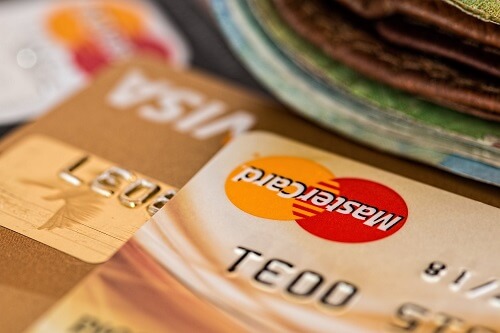Many parents, prior to their death, provide gifts to their children to avoid any disputes under a Will. However, if the Will also provides for another gift of the same amount, the payments could potentially be challenged on the basis that they are a double payment.
For example, a few months prior to his death, Bill gives his three daughters a gift of $100,000.00 each. Once he has passed away, it is discovered in the Will, that Bill has left $100,000.00 to each of his daughters and the remainder of his estate to his Wife Heather (who is not the mother of his daughters). Unfortunately, the Will does not make it clear whether the $100,000.00 left to each of the daughters under the Will was in addition to the $100,000.00 gifted to each of the daughters while he was alive.
The situation becomes complicated as Heather may allege that:
- The $100,000.00 to each daughter left under the Will has already been satisfied or paid to the daughters while Bill was alive.
- Bill’s three daughters should not receive further payments of $100,000.00 each under the Will.
- If Bill’s daughters do receive a further $100,000.00 each under the Will, the remainder of the estate which was left for her, will be reduced by a total of $300,000.00.
Bill’s daughters believe that:
- The gifts of $100,000.00 they received while their father was alive are separate and in addition to the $100,000.00 that has been left to them under the Will.
- They should each receive a further $100,000.00 under the Will.
When determining the issue of whether the gifts paid by Bill while he was alive, and the gifts under the Will result in a double payment, a Court will consider:
- Bill’s intention when providing the gifts while he was alive.
- Bill’s intention under the Will.
- Whether the gifts to the children while Bill was alive and the gifts left under the Will were provided to the children in equal or unequal shares.
- Whether, for various reasons, one child may have a greater claim to the remainder of the estate compared to the other children.
- Whether the surviving widow has any claim for a fairer provision under the estate due to the further amounts left under the Will.
- Who is alleging the double payment? The Courts will only allow certain parties to make this claim.
Depending on the Court’s decision and the facts of each case:
- Bill’s three daughters may receive an extra $100,000.00 under the Will and the remainder of the Estate which was left to Heather will be reduced by $300,000.00; or
- Bill’s three daughters receive nothing under the Will and the remainder of the Estate is left in full to Heather; or
- Bill’s three daughters and Heather have to share the remainder of the Estate in various portions, as determined by the Court.
Accordingly, it is very important when providing gifts while alive, and then subsequently leaving gifts under a Will, that:
- The specific intention of the person making the Will is clear having regard to the factors that may be considered by a Court. This can have a dramatic effect on the remainder of an Estate which is available to be distributed amongst the parties.
- The Will is amended to reflect any items that have already been gifted while the Will maker is still alive.
It is equally important to obtain detailed advice before proceeding with a legal argument on this issue, as it is a complex area of Estate Law.
For any further information regarding Double Payments or Wills and Estate law generally, please do not hesitate to contact me.
The information provided in this article is for general information and educative purposes in summary form on legal topics which is current at the time it is published. The content does not constitute legal advice or recommendations and should not be relied upon as such. Whilst every care has been taken in the preparation of this article, Wills, Estates and Probate Lawyers (WEP Lawyers) cannot accept responsibility for any errors, including those caused by negligence, in the material. We make no representations, statements or warranties about the accuracy or completeness of the information and you should not rely on it. You are advised to make your own independent inquiries regarding the accuracy of any information provided on this website. WEP Lawyers does not guarantee, and accepts no legal responsibility whatsoever arising from or in connection to the accuracy, reliability, currency, correctness or completeness of any material contained in this article. Links to third party websites or articles does not constitute any endorsement or approval of those sites or the owners of those sites. Nothing in this article should be construed as granting any licence or right for you to use that content. You should consult the third party’s terms and conditions of use in relation to any third-party content. WEP Lawyers disclaims all responsibility and all liability (including liability for negligence) for all expenses, losses, damages and costs you might incur as a result of the information being inaccurate or incomplete in any way. Appropriate legal advice should always be obtained in actual situations.


